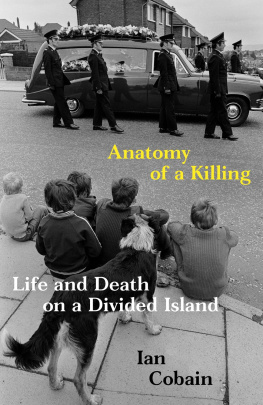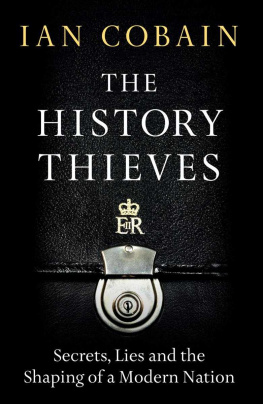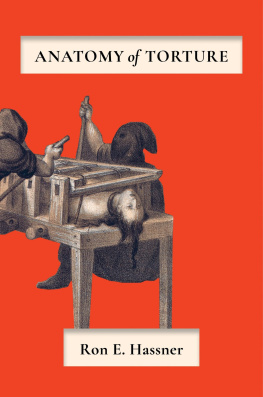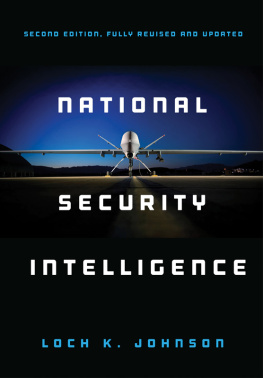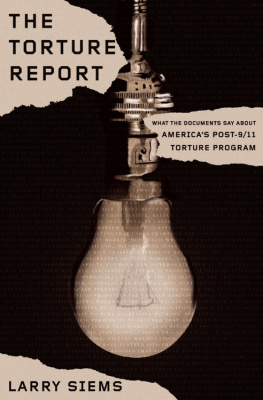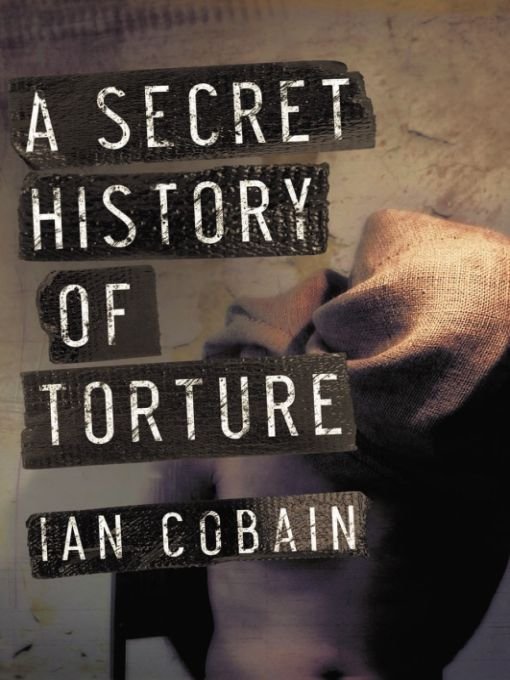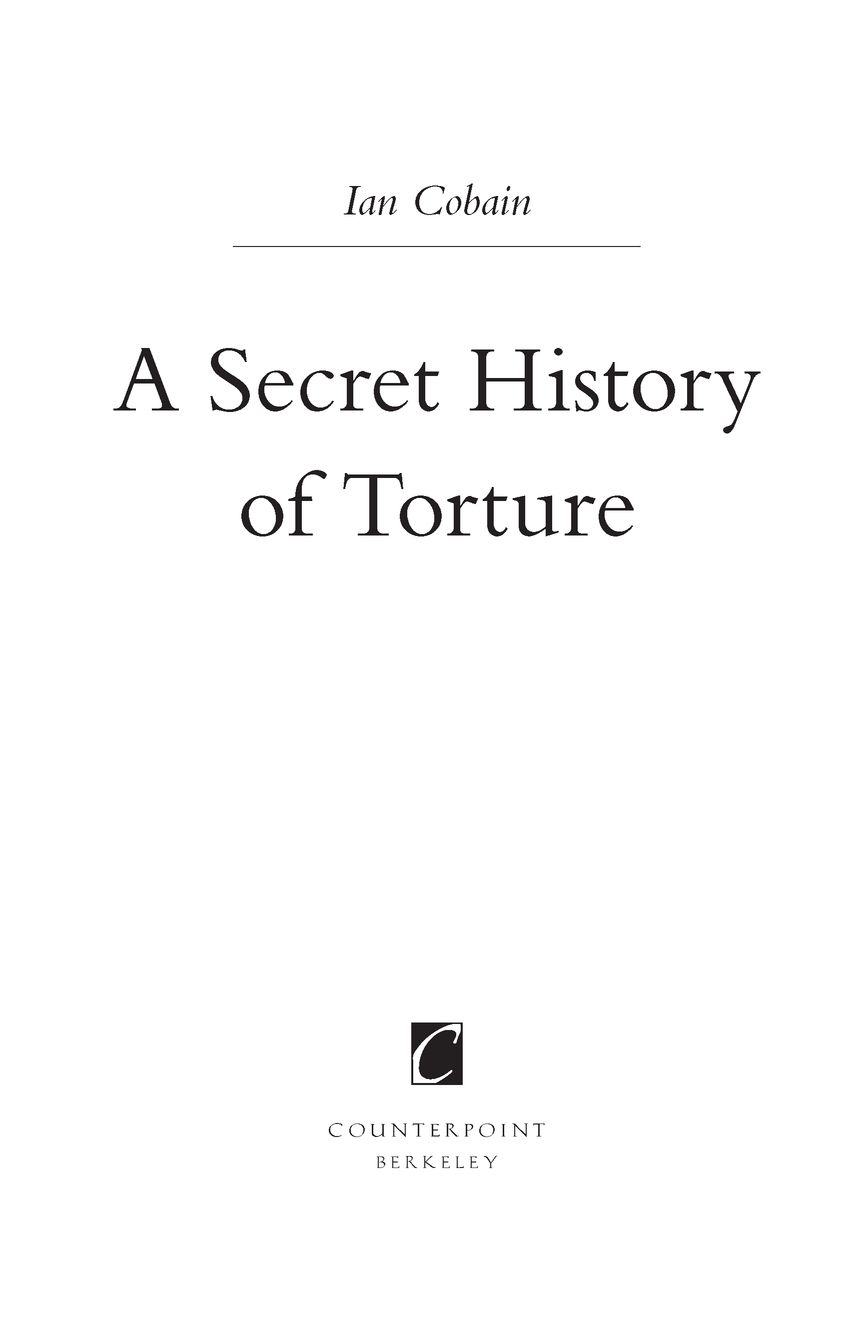Table of Contents
To Jack, Max and Kate, with thanks for your patience
Introduction
It was on New Years Eve 2007, quite late in the evening, when I first began to wonder just how much Id failed to see. I was sitting in the office of an Islamabad lawyer, Hashmat Ali Habib, discussing one of his clients, a young man from Birmingham. Outside, the last of the rush-hour traffic was quietening; overhead, a single bulb spread an unsparing light over the cluttered room.
Habibs client was a man called Rashid Rauf, who was said to be a senior figure in al-Qaida. He had been picked up in Pakistan the previous year after police and MI5 officers in London had concluded that a number of his associates in the UK were plotting to bring several airliners down over the Atlantic.
A few days earlier the Pakistani authorities had announced that Rauf had gone on the run. According to the official version of events, the police officers who were driving the terrorist mastermind from court to a maximum-security prison on the northern outskirts of Rawalpindi had taken him to a mosque and told him that he was to be allowed to pray, alone. He then vanished.
Nothing about the official account rang true and my newspaper had asked me to try to make sense of Rashid Raufs strange disappearance.
Was your client tortured? I asked.
Habib burst out laughing. I didnt yet realise that when a terrorism suspect is detained in Pakistan, torture isnt just likely, its a given: an absolute given.
Habib stopped laughing at me. Of course he was tortured.
There was a pause and I thought back to the other stories Id heard in the past year about British Muslims, all suspected jihadists, who had been detained by one of Pakistans notorious intelligence agencies. Each of the three men claimed to have been asked a series of questions by the Pakistanis while suffering appalling violence. They said that they were then asked the same questions, over a glass of water, by British intelligence officers, well-spoken young men who introduced themselves with names like Matt and Richard.
Was your client questioned by anyone other than Pakistanis after being tortured?
Yes.
Americans?... British?...
Habib looked up at the light fitting, directing my gaze there. He then gave me a little smile. He wanted me to understand that we were not alone: others were interested in our conversation. As we stared at the light fitting, the answers hung in the air, unspoken and unsettling.
Two years earlier I had started making inquiries about the UKs support for the US rendition programme. It had become increasingly apparent that the CIA was using aircraft based in the United States to fly terrorism suspects around Central Asia and the Middle East, to be tortured. Those aircraft needed to refuel somewhere. That somewhere was, of course, the UK.
The Foreign Office had told me that it knew nothing about the use of UK territory or airspace during rendition operations, and the Foreign Secretary even went so far as to dismiss the whole matter as a conspiracy theory. It would, however, later emerge that between 2001 and 2005 the CIAs rendition planes had flown in and out of more than a dozen British airports on hundreds of occasions.
One Saturday morning, at the time when I was investigating the rendition claims, two words in a book review in The Times caught my eye. The article referred to a wartime detention centre Id never heard of: the London Cage.
My Internet search for more details drew a blank, but an out-of-print book led eventually to some yellowing cuttings at the British Librarys newspaper library, which in turn led to a handful of declassified files at the National Archives in Kew, to the south-west of London. Freedom of Information requests led to more government files being reluctantly handed over and I began to learn more about the torture centre that the British military had operated throughout the 1940s, in complete secrecy, in a row of Victorian villas in one of the most exclusive neighbourhoods in the capital.
The files at the National Archives also contained a couple of oblique references to another interrogation centre that the British had run during the Cold War, this time in the village of Bad Nenndorf, near Hanover. The taking of life there was not unknown. There were further hints in the files that other such facilities may have existed, not just in post-war Germany but also in North Africa, the Middle East and beyond. Throughout the post-war period, it seems that there had been a network of secret prisons, hidden from the Red Cross, where men thought to pose a threat to the state could be kept for years and systematically tormented. And what about later? In the early twenty-first century, a group of ageing former Mau Mau fighters had started proceedings against the British government, alleging that they had been systematically tortured in prison camps in Kenya in the 1950s. Their claims had been resisted every step of the way. And the more I probed, the more it seemed that there were other colonial misdeeds still deeply buried, both in the archives of the Foreign Office and in the memories of Britains former subjects.
While it may be a commonplace of history that each generation interprets the past according to the anxieties and fashions of the present, these discoveries had a stark resonance in the post-9 /11 era. As I continued to discover more about the way the British had conducted themselves in previous conflicts, I kept wondering about the way we were conducting ourselves today in the war on terror. The British government may have been offering passive support to the CIAs rendition programme, but were they aware of how these terrorism suspects were being treated when they reached their destination, or did they choose not to know? And were Matt and Richard just making it up as they went along, or were they following orders?
None of this squared with Britains reputation as a nation that prides itself on its love of fair play and respect for the rule of law. After all, the UK government had been among the first to sign the 1929 Geneva Convention on the treatment of prisoners of war, and the British were a driving force behind the European human rights agenda that was forged in the aftermath of the Second World War, becoming one of the first states to sign the European Convention on Human Rights in 1950. We had claimed the moral high ground when rallying the West against Iraq following the 1990 invasion of Kuwait and the first Gulf War that followed, and during the Kosovo conflict eight years later. Surely the British avoid torture, if only because it is British so to do?
Shortly after returning from Islamabad, I arranged to see a man who knows something of the darker workings of Britains secret state and who, from time to time, has helped me with my inquiries, usually with some cryptic comment, a hint, a raised eyebrow.
I met this man lets call him James at a cafe near Liverpool Street Station in London and we shared a pot of Earl Grey. I mentioned the meeting Id had with Rashid Raufs lawyer. After studying the couple at the next table for a moment, James asked two questions that went far beyond those Id been willing to ask myself: Do you think its possible that the British government has a secret torture policy, one that its determined nobody should ever know about? And if so, do you think its possible that responsibility for that policy goes right to the very top?


